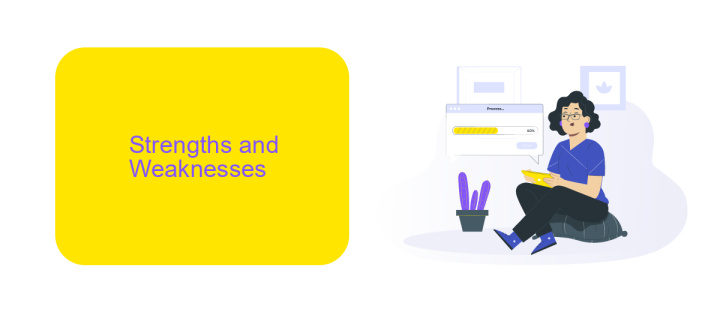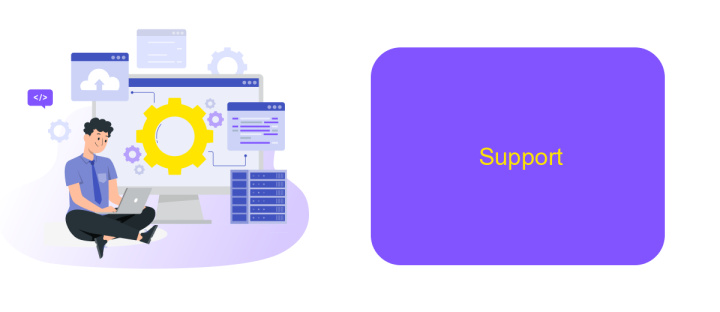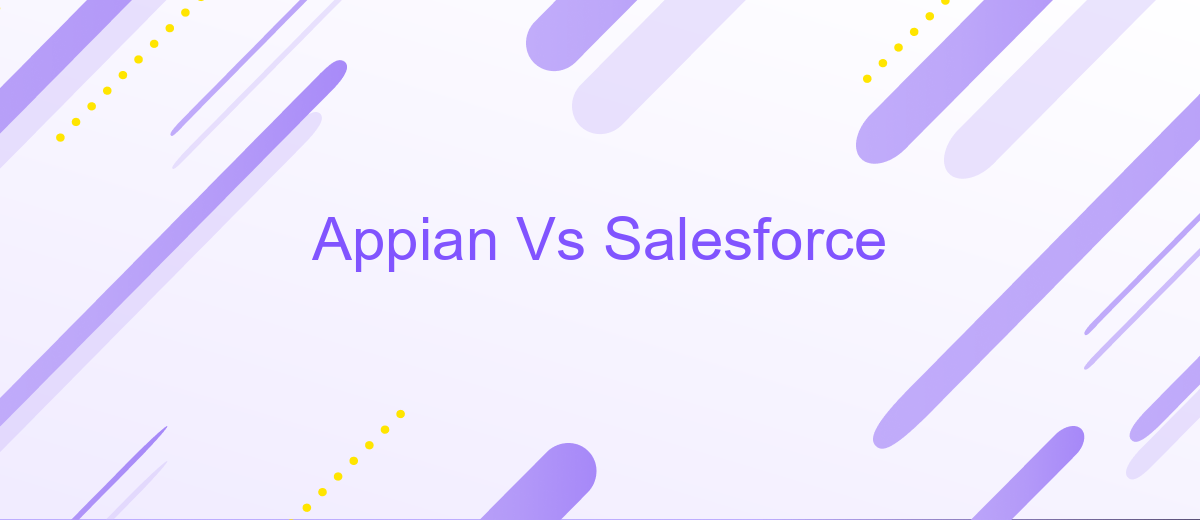Appian Vs Salesforce
In the rapidly evolving landscape of business technology, choosing the right platform can be a game-changer. This article delves into a comprehensive comparison between Appian and Salesforce, two industry giants in the realms of business process management and customer relationship management, respectively. By examining their features, benefits, and use cases, we aim to help you make an informed decision for your organization's needs.
Overview
Appian and Salesforce are two leading platforms in the business process management and customer relationship management domains, respectively. Both offer unique solutions tailored to different organizational needs. Appian focuses on low-code automation, enabling businesses to streamline their processes with minimal coding. On the other hand, Salesforce excels in providing robust CRM solutions that help companies manage customer relationships effectively.
- Appian: Low-code platform for rapid application development.
- Salesforce: Comprehensive CRM solution with extensive customization options.
- Integration: Both platforms support integration with third-party services like ApiX-Drive for seamless data synchronization.
- Scalability: Designed to grow with your business needs.
While Appian provides a more streamlined approach to automating business processes, Salesforce offers a wide range of tools to enhance customer interactions. Choosing between the two depends on your specific business requirements. For instance, if your focus is on automating workflows with minimal coding, Appian might be the better choice. However, if your primary goal is to manage customer relationships and sales, Salesforce would be more suitable. Both platforms can be integrated with services like ApiX-Drive to enhance their functionalities and ensure smooth data flow between different systems.
Strengths and Weaknesses

Appian excels in its low-code development environment, allowing businesses to rapidly create and deploy applications with minimal coding knowledge. Its user-friendly interface and robust automation capabilities streamline complex workflows, making it ideal for enterprises seeking efficiency. However, Appian's customization options can be limited compared to more flexible platforms, and its pricing model may be a barrier for smaller businesses. Integration with external systems can also be challenging, although services like ApiX-Drive can facilitate smoother integrations by connecting Appian with various third-party applications.
Salesforce stands out with its comprehensive CRM capabilities and extensive ecosystem of third-party applications. Its highly customizable platform supports a wide range of business processes, from sales and marketing to customer service. Despite these strengths, Salesforce can be complex to implement and manage, requiring significant time and expertise. Additionally, its cost can be prohibitive for smaller organizations. While Salesforce offers robust integration options, the process can still be intricate, and leveraging tools like ApiX-Drive can help streamline these integrations, ensuring seamless data flow between systems.
Pricing

When comparing Appian and Salesforce, pricing is a critical factor to consider. Both platforms offer a range of pricing options tailored to different business needs and sizes. Appian typically provides a flexible pricing model based on the number of users and the complexity of the applications being developed. This can be beneficial for organizations looking for scalable solutions without upfront costs.
1. Appian offers a subscription-based pricing model, often starting from per user per month.
2. Salesforce, on the other hand, offers a variety of plans, with the Sales Cloud starting at per user per month for the Essentials plan.
3. Both platforms offer enterprise-level solutions, which can significantly increase the cost depending on the specific requirements and customizations needed.
Additionally, integrating these platforms with other business tools can be streamlined using services like ApiX-Drive. ApiX-Drive provides seamless integration capabilities, ensuring that data flows smoothly between Appian, Salesforce, and other critical business applications. This can save time and reduce costs associated with manual data handling and integration complexities.
Support

When it comes to support, both Appian and Salesforce offer comprehensive options to ensure users can maximize their platform's potential. Appian provides a robust support system that includes a knowledge base, community forums, and direct access to their support team for troubleshooting and guidance.
Salesforce, on the other hand, is renowned for its extensive support ecosystem. It offers a wide range of resources, including a detailed help center, community forums, and the Trailhead learning platform, which provides interactive tutorials and training modules to help users become proficient in using Salesforce.
- 24/7 customer support
- Extensive knowledge bases
- Community forums for peer assistance
- Interactive training modules
Additionally, for businesses looking to integrate various applications with either platform, services like ApiX-Drive can be invaluable. ApiX-Drive simplifies the integration process, allowing for seamless data flow between different systems, thereby enhancing the overall efficiency and functionality of both Appian and Salesforce.
Use Cases
Appian is ideal for organizations seeking to streamline complex business processes through automation and custom application development. It excels in scenarios requiring rapid deployment of applications, such as case management, workflow automation, and business process management. For instance, financial institutions can leverage Appian to automate loan processing and compliance tracking, reducing manual effort and improving accuracy. Additionally, healthcare providers can utilize Appian to manage patient records and streamline appointment scheduling, enhancing overall patient care.
Salesforce, on the other hand, is best suited for businesses aiming to enhance their customer relationship management (CRM) capabilities. It is particularly effective in sales, marketing, and customer service environments. Companies can use Salesforce to track customer interactions, manage sales pipelines, and execute targeted marketing campaigns. Moreover, Salesforce's robust integration capabilities, which can be further enhanced with services like ApiX-Drive, allow businesses to connect various systems and automate data flows, ensuring seamless operations across different platforms.


FAQ
What are the main differences between Appian and Salesforce?
Can Appian and Salesforce be integrated?
Which platform is more suitable for sales automation?
Is it possible to automate business processes using Salesforce?
What options are available for integrating Appian and Salesforce without extensive coding?
Strive to take your business to the next level, achieve your goals faster and more efficiently? Apix-Drive is your reliable assistant for these tasks. An online service and application connector will help you automate key business processes and get rid of the routine. You and your employees will free up time for important core tasks. Try Apix-Drive features for free to see the effectiveness of the online connector for yourself.

